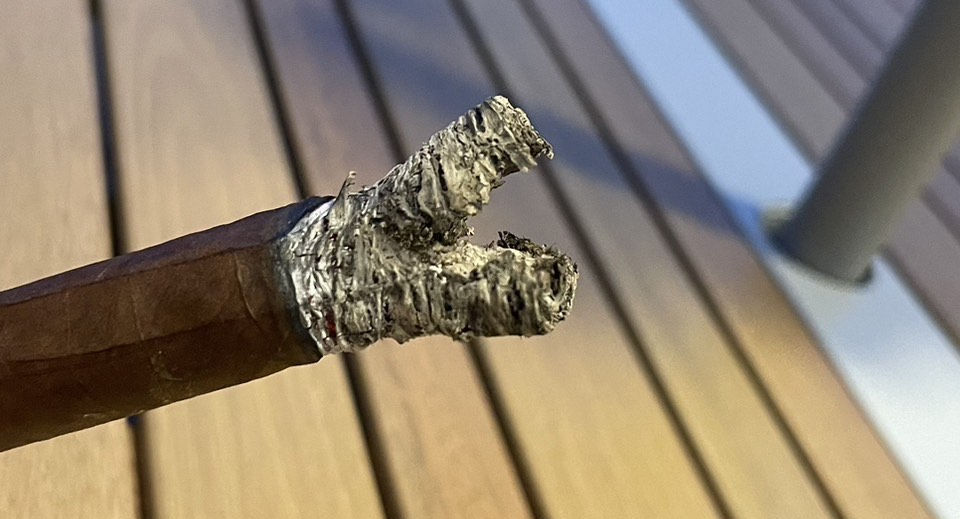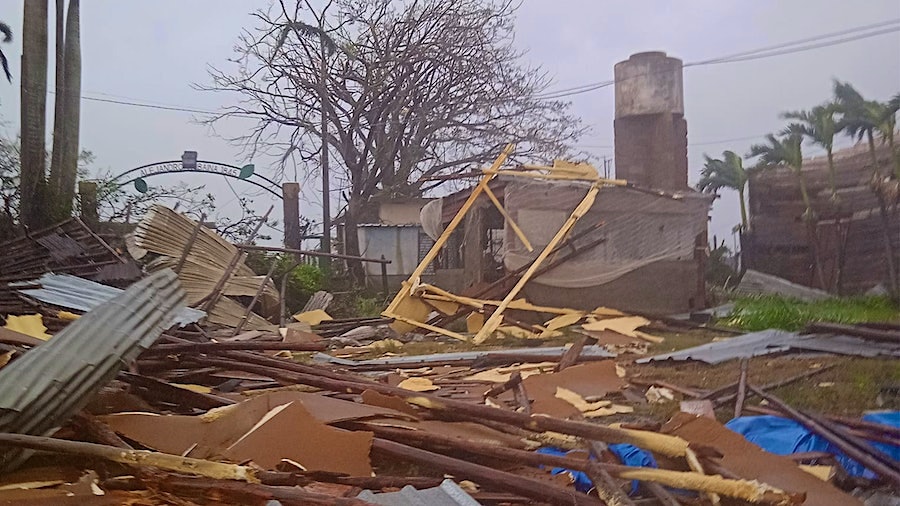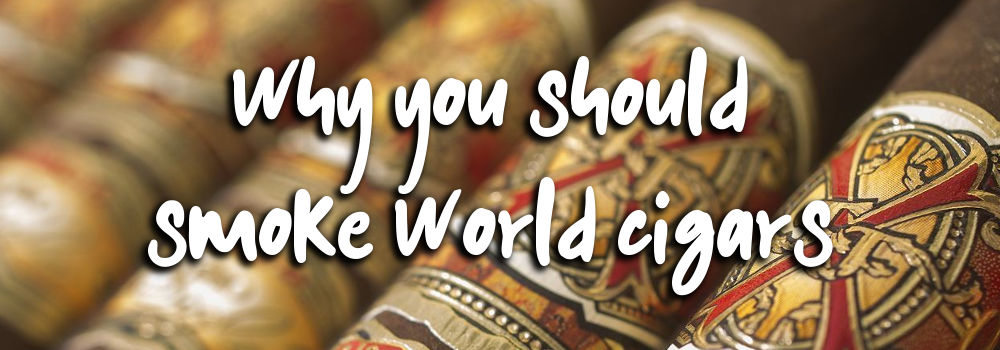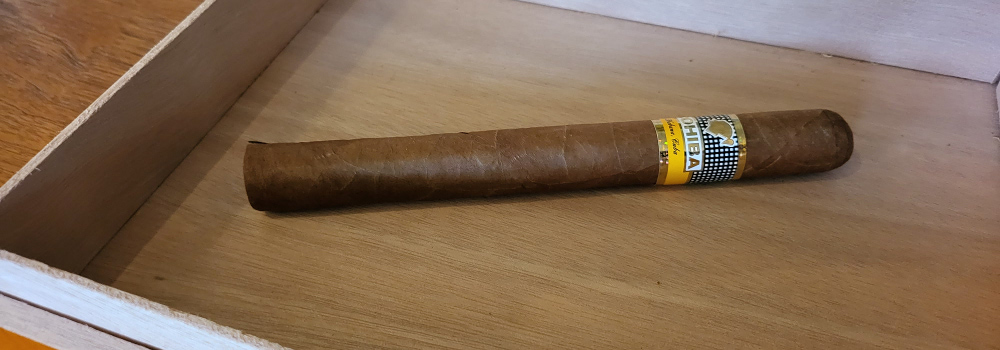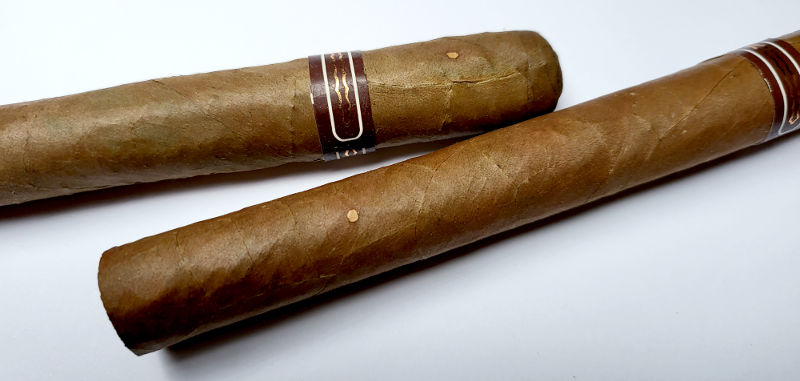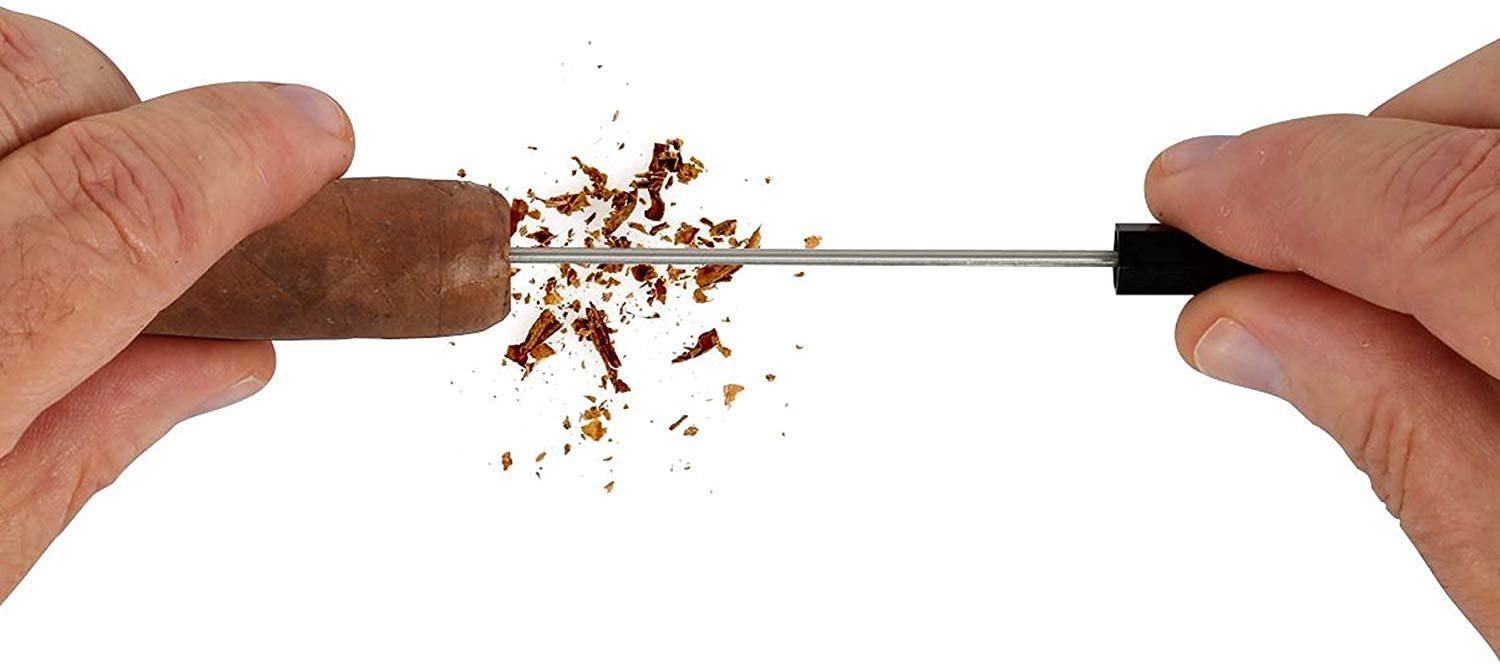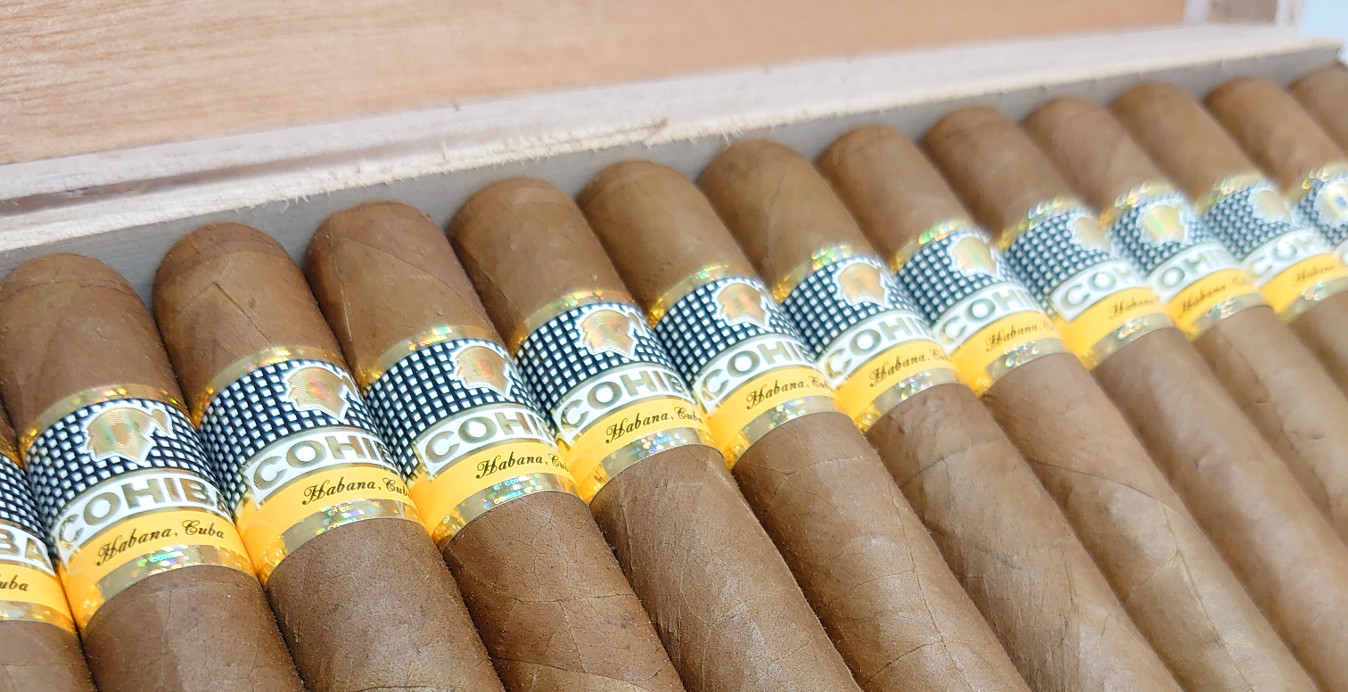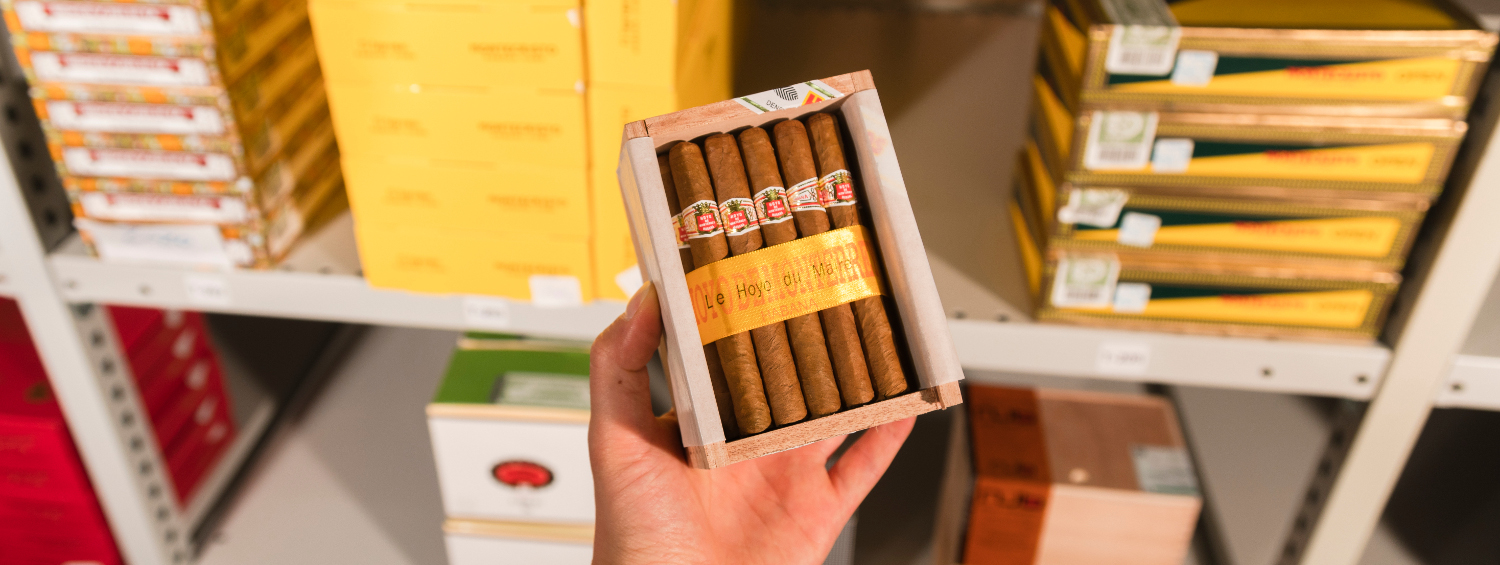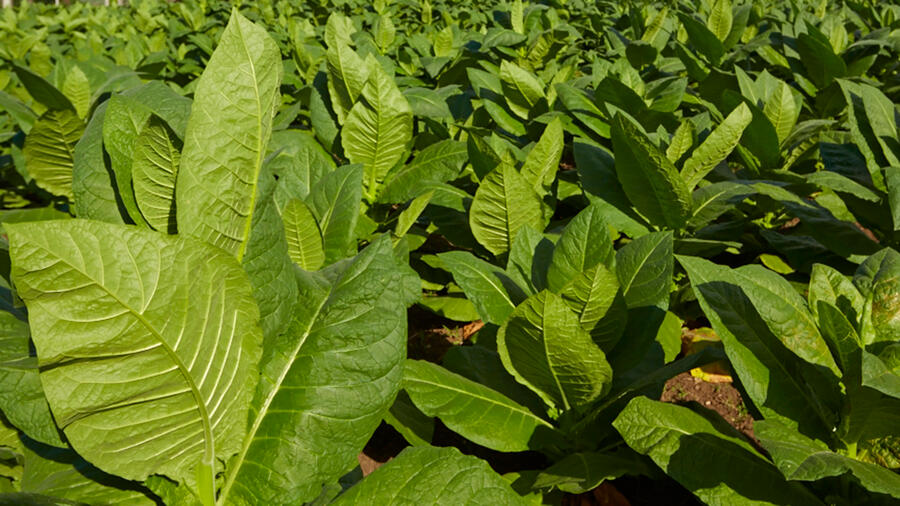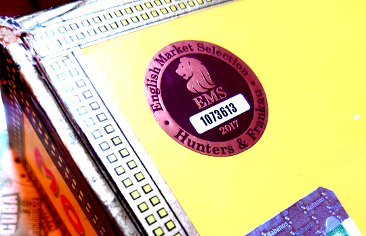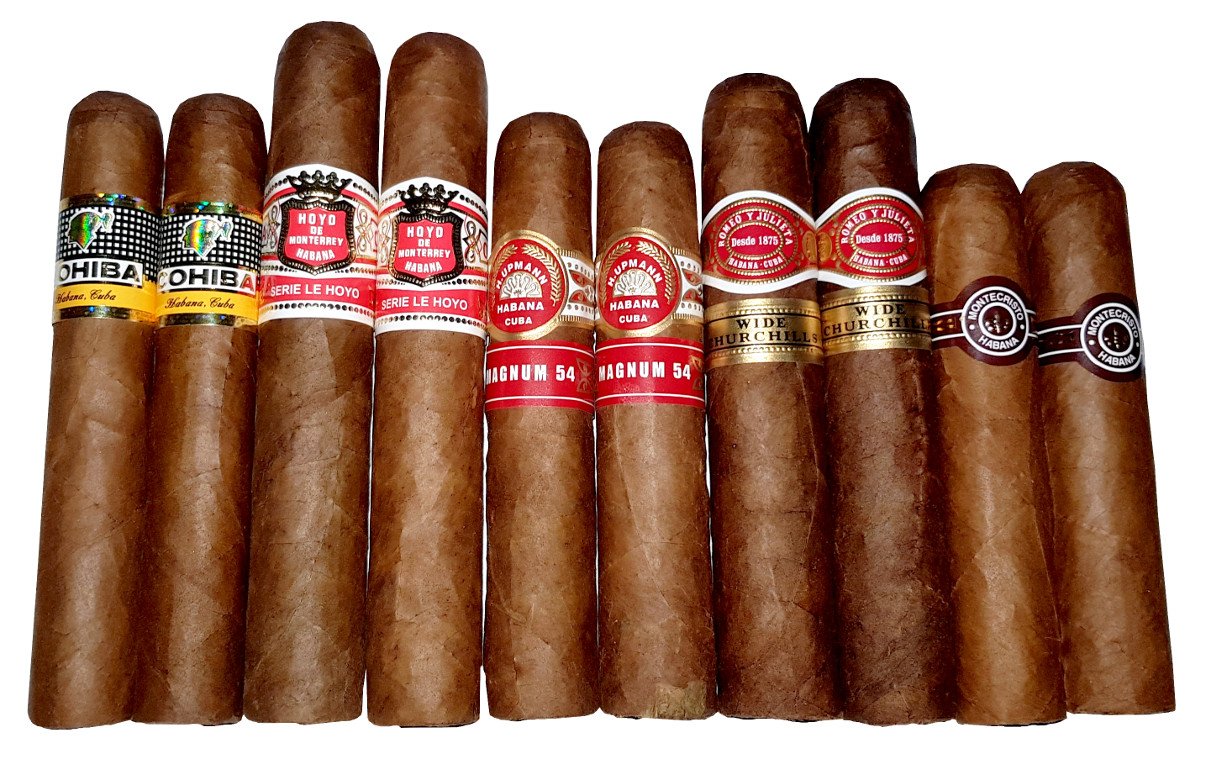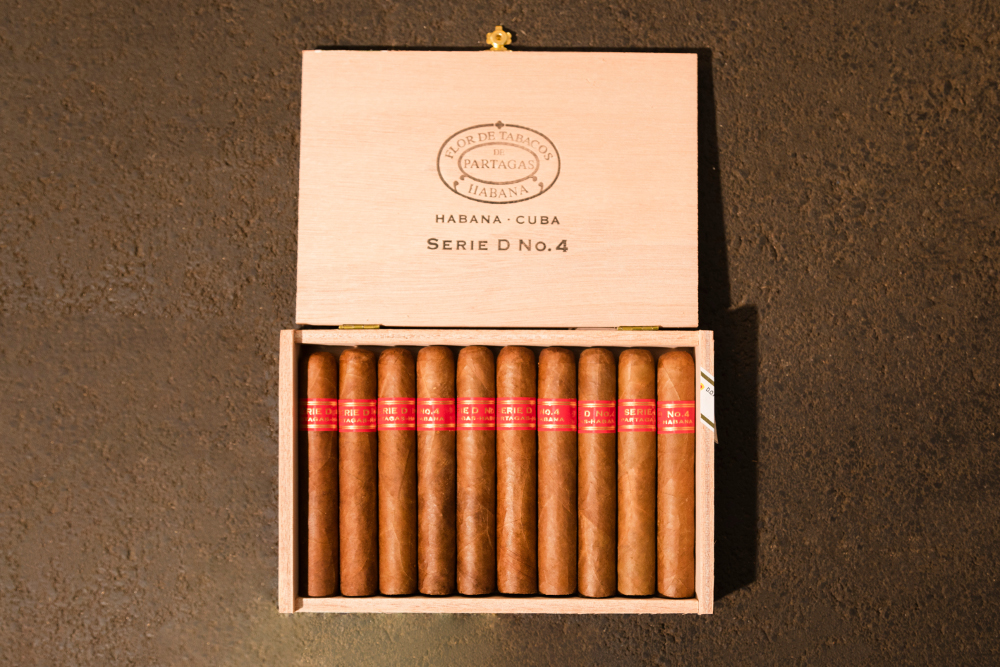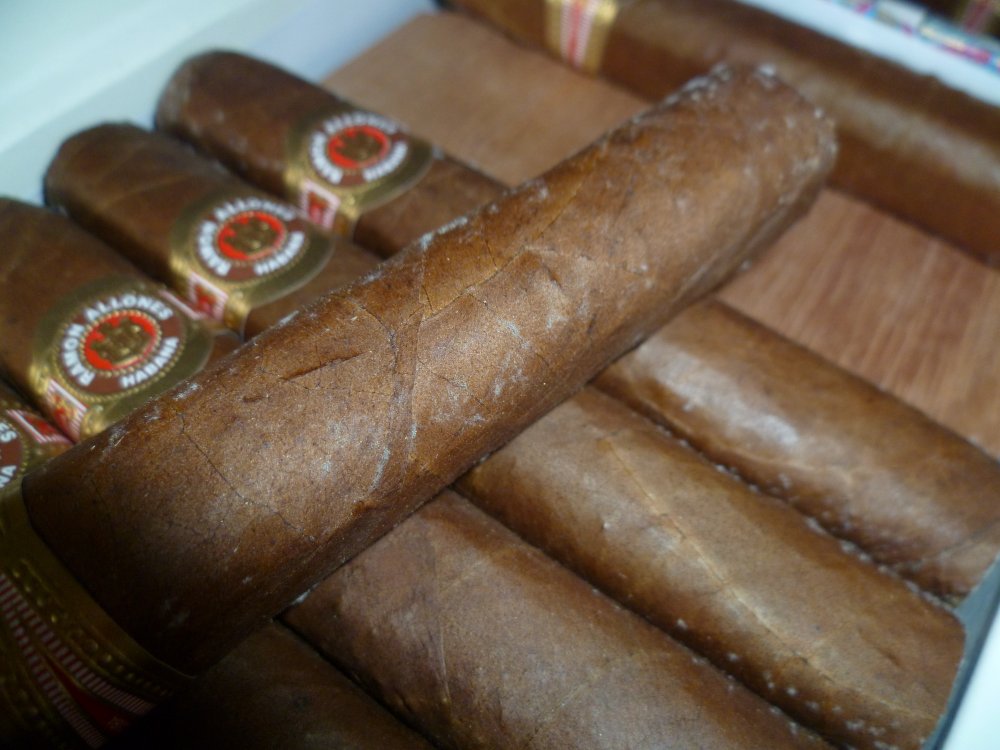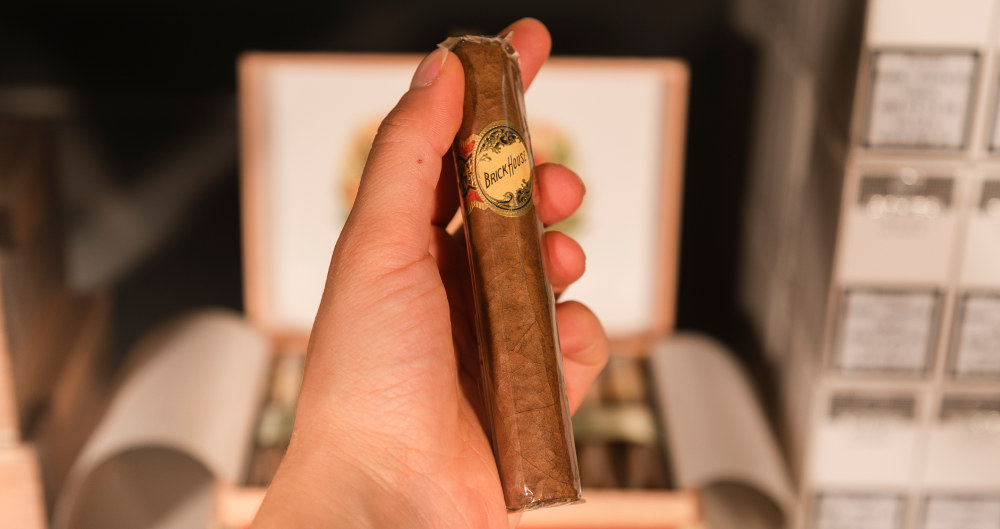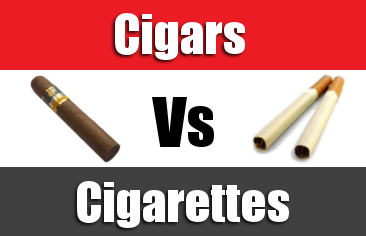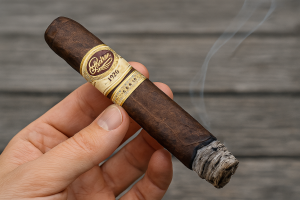cigars
-
Posted: May 12, 2023Read more »
Smoking cigars can create some unusual ash shapes, but did you know there is a reason for these? It could be due to any stage of the cigars life; when it was rolled, where it was stored, and how it was smoked. Cigars are a handmade, natural product, and can be a bit temperamental at times. So what causes the ash on your cigar, what does it mean, and how can you prevent it?
-
Posted: April 13, 2023Read more »
Pinar del Río, the region in Western Cuba where most of the country’s premium tobacco is grown, is facing perhaps the worst tobacco harvest in history, according to a report by Granma, the Cuban state-run newspaper. The lingering effects of Hurricane Ian, which destroyed most of Pinar del Río’s tobacco barns in late September, are largely to blame.
-
Posted: September 22, 2022Read more »
Intertabac is the European trade show for all things tobacco related. Similar to the PCA Convention & Trade Show (formally named the IPCPR trade show) in Las Vegas, but not quite as large. For us cigar smokers though, it’s a coming together of most of the brands, suppliers, distributors, and various other members of the cigar business and community. Due to Covid, it’s not been on for 2 years, so you could sense everyone was feeling a bit rusty but excited to get into the swing of it again.
After a shaky journey, which included a delayed flight and going the wrong way on a train, we arrived in Dortmund ready to try and squeeze as much into 2 days at the fare as possible. It takes place at the Messe, which is an enormous exhibition centre, and the whole show occupies 8 of the large halls, two of which are dedicated to all things cigars. The queue to enter was long but the check-in method was so slick, everyone just filters through. The morning was spe
-
Posted: July 29, 2022Read more »
Cigars are one of life’s great pleasures but choosing your next smoke can be difficult due to the massive variety. Cuban cigars are the most famous, but over the years many quality brands have been created in countries in other parts of the region. World, or New World, cigars are from tobacco growing countries such as the Dominican Republic, Nicaragua, Honduras, Mexico and the USA. Today there are countless brands from boutique to world famous, so why should you give some of these cigars a try over the more renowned Cuban brands?
-
Posted: April 27, 2022Read more »
Fake or counterfeit Cuban cigars are a big issue for anyone wanting to buy Cuban cigars. Whether you are looking for cheap cigars, or someone is offering you a deal that seems too good to be true, these are the easy ways to identify if those cigars are fake.
-
Posted: March 14, 2022Read more »
If you have been smoking cigars for a while, or hanging around in online forums and social media, you might have heard the term “Dry Boxing” cigars. But what does this mean, and should you be dry boxing your cigars to get the best enjoyment out of them?
-
Posted: March 03, 2022Read more »
Cigars can have minor imperfections, afterall they are a handmade from natural items. There can therefore be some marks, spots and stains on a cigar's wrapper. But what are they and what causes them?
-
Posted: February 24, 2022Read more »
You might have heard of a plugged cigar, or come across a cigar that won't draw. If you are struggling to smoke your cigar, and it seems like it is blocked and there is no airflow going through it (and yes, you have cut it first!), here’s what to do.
-
Posted: January 13, 2022Read more »
If you are buying cigars online, you might have heard the term “resting” your cigars. But do you need to rest cigars if they have been shipped to you, or can you smoke them right away? And if you should rest your cigars, how long do you need to rest them for?
-
Posted: December 08, 2021Categories: How to GuidesRead more »
For those who are new to cigars and seeking their first try, finding the perfect option can be a bit tricky. There are so many available, and it can be hard to know which ones are good even if you have some experience, let alone if you are a novice.
Should you buy a Cuban cigar, or should you buy a Nicaraguan cigar? Are cigarillos the best option for beginners or are large cigars a better choice? Should a newbie try a dark or light wrapper? The choices seem endless.
We’re here to solve these dilemmas and show you how to pick the best cigars for beginners.
-
Posted: November 12, 2021Read more »
The Habanos Authenticity Checker is a useful tool to verify whether your Cuban cigars are real or fake. Using the barcode numbers on the cigar box, imputed into Habanos website, it can help to tell if your Cuban cigars are genuine. The website can be found here: http://verificacion.habanos.com/
The problem is, the Habanos Verifier is often not working…
-
Posted: October 28, 2021Read more »
It has been historically accepted that indigenous peoples in the New World began smoking tobacco approximately 3,000 years ago, a delightful find that Sir Walter Raleigh brought back to England in the sixteenth century. But recently unearthed evidence now strongly suggests that tobacco use is far older than originally believed, and has been part of North American history for some 12,000 years.
-
Posted: October 27, 2021Read more »
Many aficionados speak about EMS, or English Market Selection, cigars as if there is something special or different about them from Havana cigars found in the rest of Europe and other countries. But is there any merit to it? Or, is it just something to brag about for those people who can easily afford to pay the higher prices?
-
Posted: September 15, 2021Read more »
Cuban cigars come in a vast variety to ensure there's a cigar to suit every taste. This can however make it a bit confusing to know which cigars are going to be right for your palate so that you can confidently place your order online. Whilst strength may not be the final deciding factor of your Cuban cigar enjoyment, it can make a big difference. For example, many cigar smokers may not wish to smoke a full strength Cuban cigar, such as a Cohiba Behike, at breakfast; it may be too strong for that time of the day. Cuban cigars don't just stick to one strength for all of their ranges, many offer different lines (or linea) in different strengths to ensure you can get the taste you love but for different occasions. If you are not sure what strength you enjoy, find your favourite brand of Habanos below and match it up with some you may have previously overlooked!
-
Posted: September 03, 2021Read more »
Storing your cigars correctly is important for any cigar smoker. The best way to store a cigar is in a humidor, which properly maintains the wrapper’s oils and humidity allowing your cigars to keep, as well as develop and mature, for many years. Cigars can generally stay fresh for around three days without proper storage, but any longer than that you will start to notice a negative difference to the taste and burn of your cigar.
-
Posted: September 02, 2021Read more »
One of the biggest questions in the cigar world is, “Is this plume or mould?” Whether you call it plume, ploom or bloom, what is it and how do you tell the difference between it and mould? How can you identify bad types of mould which may occur on your cigars or whether it is safe to smoke a cigar?
-
Posted: September 01, 2021Read more »
A question cigar smokers often ask, more so when buying New World cigars online, is, how do I store cigars which are presented in cellophane? Many cigar smokers who buy Cuban cigars may not know much about cigars in cellophane, as they are a bit of a rarity on premium Habanos. If however you are buying New World cigars such as Davidoff, Oliva and other popular brands, most of their cigars come with a thin plastic wrapper around them. If you are not planning to smoke them right away, do they need to be kept in a humidor and should you take them out of their packaging?
-
Posted: August 31, 2021Read more »
Cigars and cigarettes are both one of the many ways in which tobacco is consumed, but that is almost where their similarities end. Cigars and cigarettes are often lumped together due to the fact they may look similar and are smoked in what seems a similar way, but the two experiences are entirely different. From the tobacco used, to the way they are produced, to the way they are enjoyed, there are many differences which set cigars above the rest of the tobacco family.






